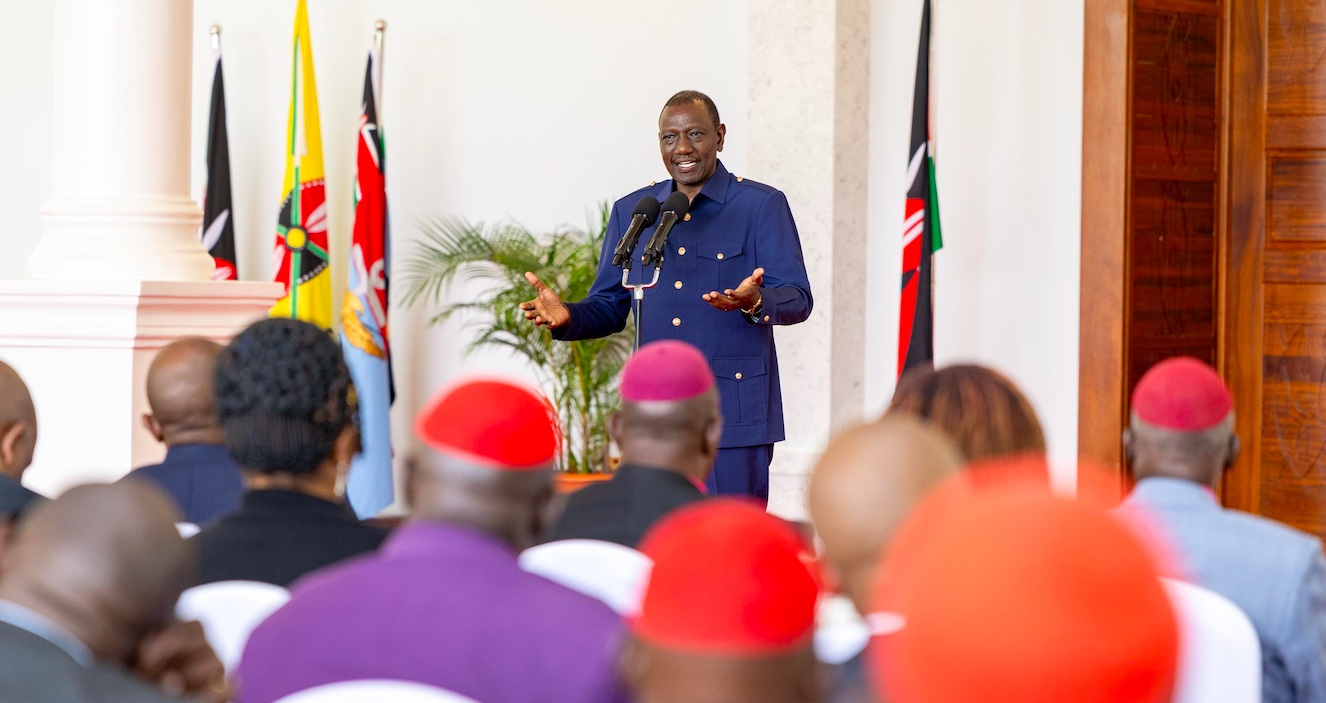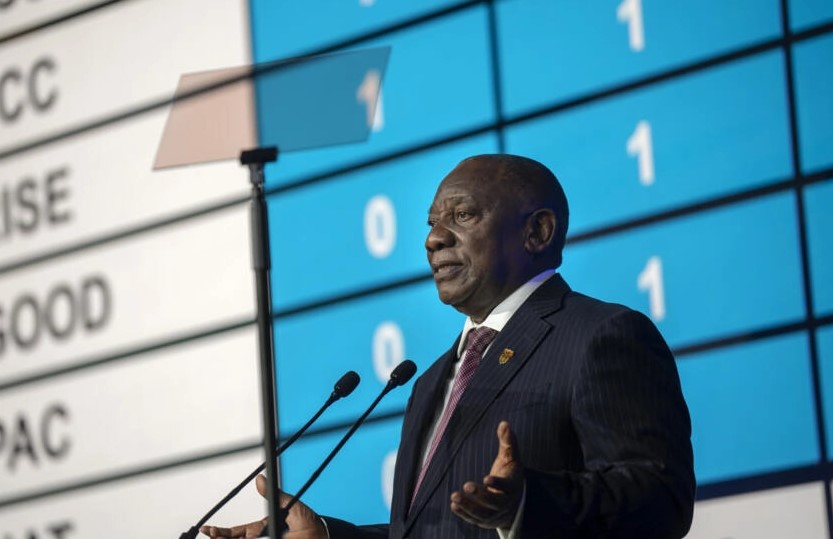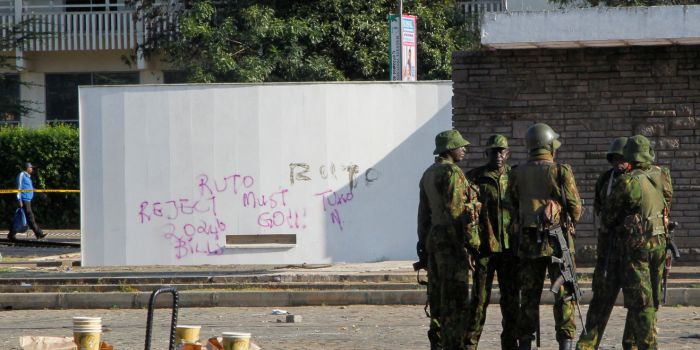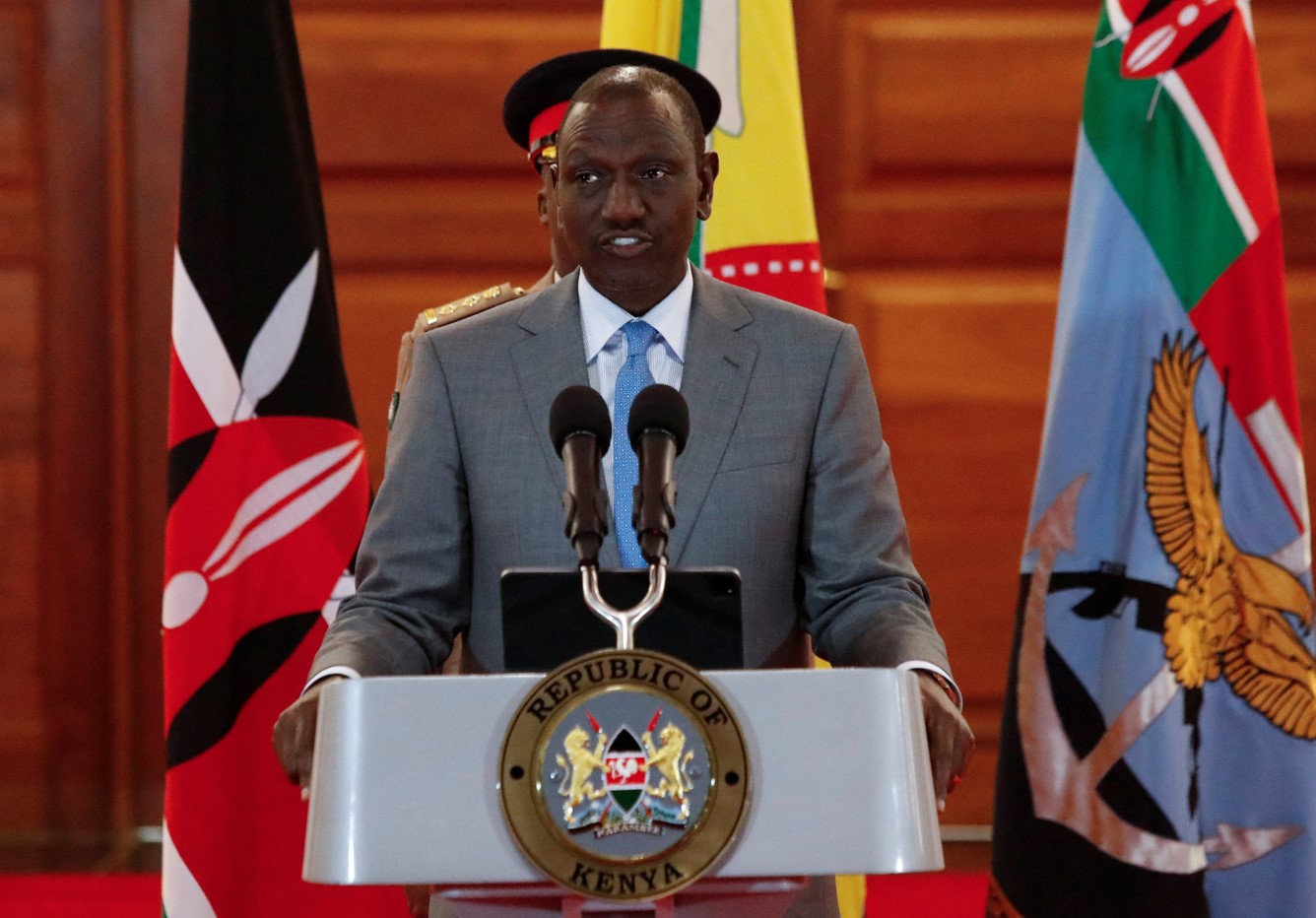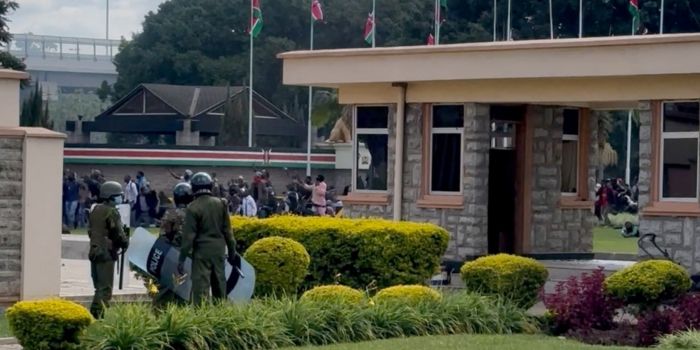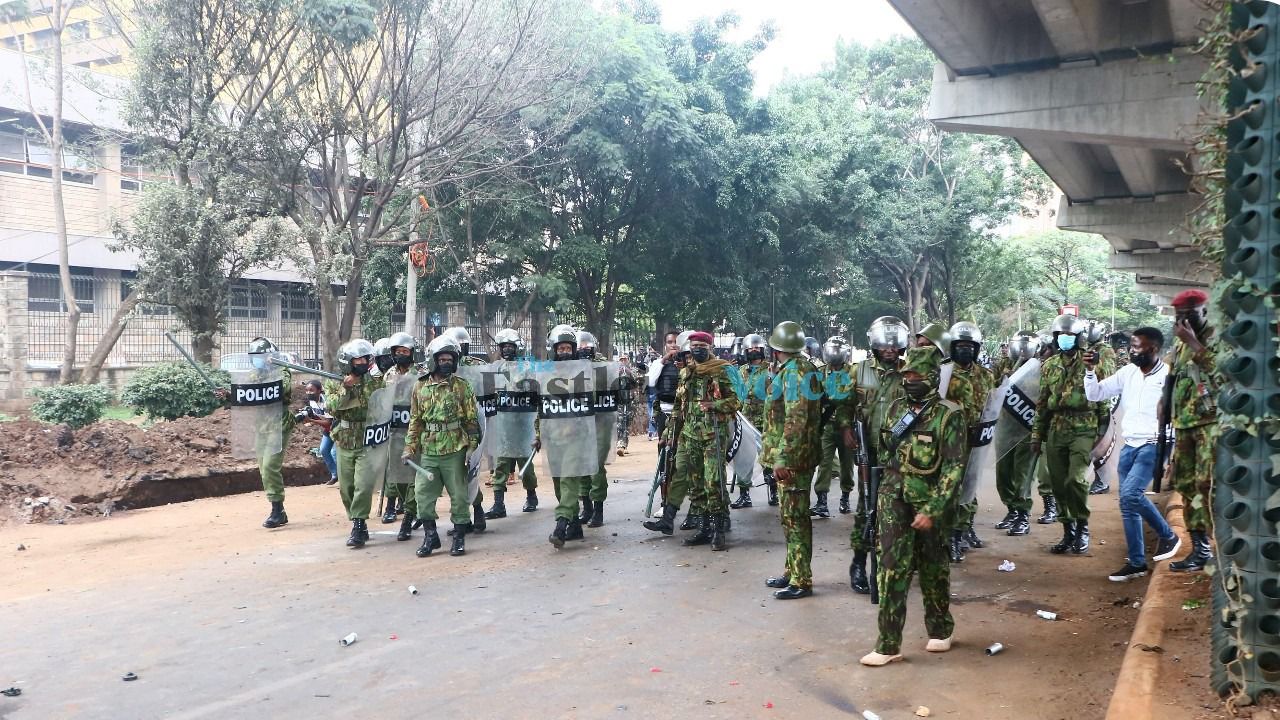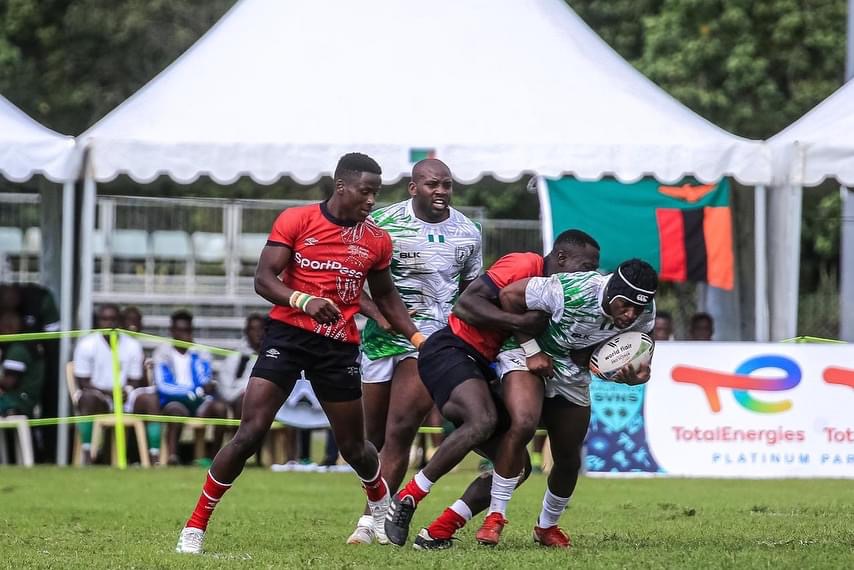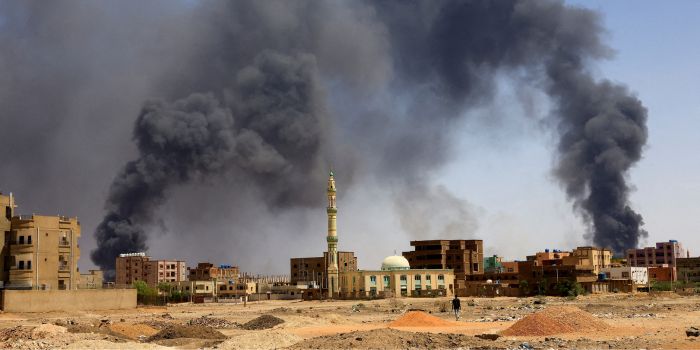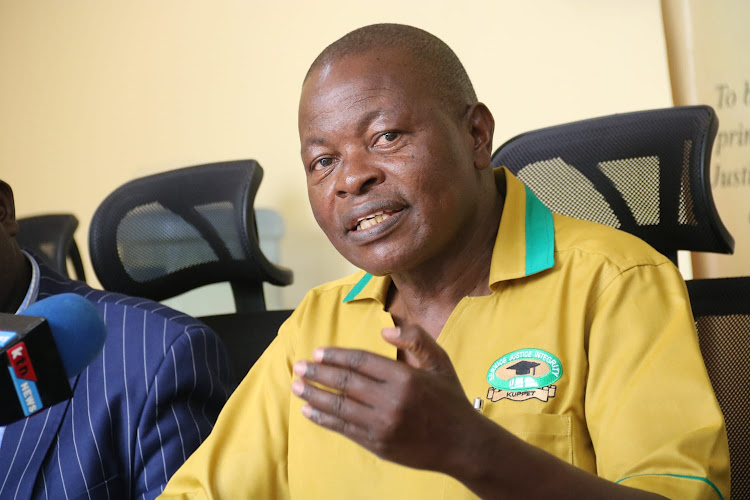NACADA ex-chair John Mututho issues warning on miraa, muguka abuse

By Amina Wako |
He notes that only 10 per cent of the over 4,500 patients treated at John Mututho Empowerment Centre (JOMEC) have recovered from their addiction to muguka and miraa.
NACADA's former chairman, John Mututho, is the latest to sound an alarm on the risks associated with muguka and miraa use, the latter of which three coastal counties banned, prompting President William Ruto to call for talks.
Mututho, the immediate former chair of the National Authority for the Campaign Against Alcohol and Drug Abuse (NACADA), is a well-known reformist who manages the John Mututho Empowerment Centre (JOMEC), which is a drug and alcohol addiction treatment centre.
Keep reading
In a Citizen TV interview on Saturday, he expressed concern over the increasing use of these stimulants, particularly among youth.
"Some of the clients we fear are those of muguka and miraa [sic]. The levels of cathinone and cathine in muguka and miraa are extremely high, and scientific data has indicated that these chemicals can impair normal body functions," he said.
"During the addiction stage, it will interfere with your reward centre, dopamine. During the addiction stage, men release water. Their spermatozoa simply leak, and they lack stimulation."
Only 10 per cent of the over 4,500 patients treated at the rehabilitation centre under Mututho's management have recovered from their addiction to muguka and miraa.
"It is easier to deal with someone who is addicted to heroin," he said and urged traders to explore alternative herbs, such as rosemary, which he noticed can generate income without harming users' health.
"Let's invest in other herbs, such as rosemary. Farmers will be very rich, and we will not have zombies."
Mombasa, Kilifi and Taita Taveta, all in the coast region, have banned muguka, while Kwale, which had been under pressure to follow suit, said it will not.
President William Ruto, citing the Crops Act 2013 and the Miraa Regulations of 2023, nullified the ban and asked the Agriculture ministry to call a meeting of all stakeholders to discuss key issues. The governors of these three counties, Abdulswamad, Sheriff Nassir, Gideon Mung'aro, and Andrew Mwadime, respectively, have agreed to participate in the discussions.
Muguka and miraa have been linked to a rise in mental health issues and increased social ills, including crime. Religious leaders in Mombasa have widely supported the ban, advocating for the classification of the two stimulants as restricted drugs.
Although NACADA has not banned them, it has classified them as harmful substances based on the stimulants cathinone and cathine.
Former NACADA Chief Executive Officer Victor Okioma said miraa is a drug that "is responsible for many substance use disorders."
"There are people who are in rehabilitation centres for the use of miraa. However, the most problematic khat is the type known as muguka. Our studies have shown that narcotics, drugs, and psychotropic substances act as harmful substances," he stated.
"The position of NACADA is that miraa is harmful and muguka is even more harmful. This is why we are discouraging the expansion of markets and are against attempts to process it into juices and wine."
In 1980, the World Health Organization (WHO) classified miraa as a drug of abuse, indicating its potential to cause dependence in people, meaning it produces a continuing desire to sustain use.
The United Nations Narcotics Laboratory's 1970s analysis identified cathinone in miraa, a compound similar to the stimulant amphetamine, which increases blood pressure, causes insomnia and anorexia, and heightens excitation, alertness, and arousal.
Countries that have banned miraa include the United Kingdom, Sweden, Canada, Norway, Denmark, and the Netherlands.




